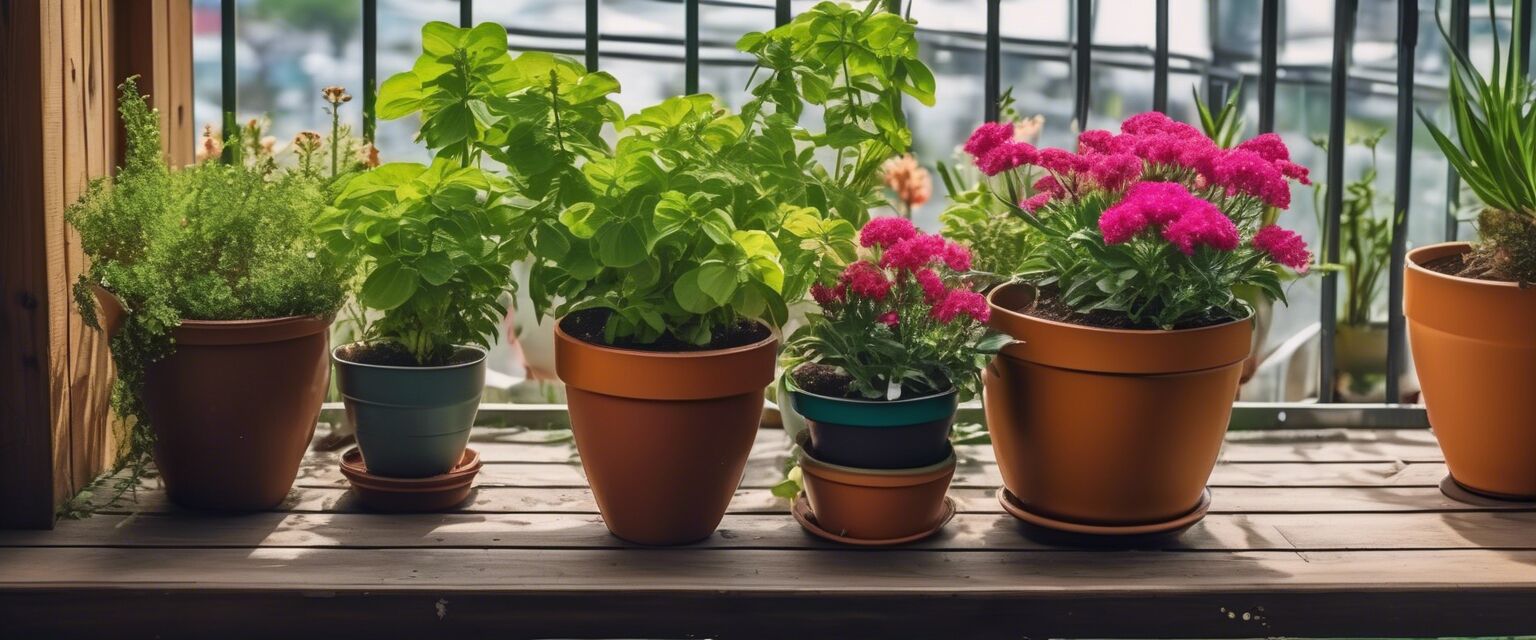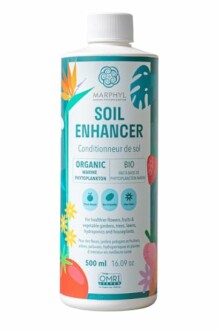
Choosing the Right Fertilizers for Container Plants
Key Takeaways
- Understanding your plants' specific nutrient needs is crucial for their growth.
- Organic fertilizers are often safer and promote sustainable growth.
- Always consider the growth stage of your plants when selecting a fertilizer.
- Container plants generally require more frequent fertilization than those in the ground.
- Utilizing a well-balanced fertilizer can enhance the health and vibrancy of your plants.
Container gardening is a wonderful way to bring greenery into your urban space, but proper care is essential for success. One of the key components of nurturing container plants is selecting the right fertilizer. This guide will walk you through the various types of fertilizers available and help you choose the best options for your container plants.
Understanding Plant Nutrient Needs
Plants need various nutrients to thrive, and these are usually categorized into three main elements:
- Nitrogen (N): Boosts leaf growth and is essential for photosynthesis.
- Phosphorus (P): Important for root development and flowering.
- Potassium (K): Helps with overall plant health and disease resistance.
Types of Fertilizers
There are several types of fertilizers to choose from, each with its unique benefits:
| Type of Fertilizer | Benefits | When to Use |
|---|---|---|
| Granular Fertilizer | Slow release; provides a steady supply of nutrients | Application during planting and every few months |
| Liquid Fertilizer | Quick absorption; ideal for immediate nutrient needs | During active growth periods or nutrient deficiency |
| Organic Fertilizer | Environmentally friendly; improves soil health over time | Regularly, as part of sustainable gardening practices |
Choosing the Right Fertilizer for Your Container Plants
When selecting a fertilizer, consider the following:
- Plant Type: Different plants have unique nutrient requirements. For example, flowering plants may require higher phosphorus levels.
- Growth Stage: Young plants may benefit from fertilizers high in nitrogen, while mature plants will need a balanced mix.
- Container Size: Larger containers may require more fertilizer due to the increased soil volume.
To illustrate this, here are a few examples of suitable fertilizers for common container plants:
| Plant Type | Recommended Fertilizer | Application Frequency |
|---|---|---|
| Herbs | Organic Fertilizer like compost | Every 4-6 weeks |
| Flowers | Liquid Flower Fertilizer | Every 2-4 weeks during blooming season |
| Vegetables | All-Purpose Fertilizer | Every month during the growing season |
Featured Products for Container Plants
MARPHYL Organic Liquid Fertiliser
An all-purpose liquid fertilizer made from marine phytoplankton, promoting healthy growth for various indoor plants.
Learn MoreTips for Fertilizing Your Container Plants
Beginner's Section
- Start fertilizing when your plants show signs of growth, typically in spring.
- Reduce or stop fertilizing in the winter when plant growth slows down.
- Water your plants before applying fertilizer to minimize root burn.
- Consider using a balanced fertilizer with equal NPK values for general gardening.
Maintaining a Healthy Container Garden
Beyond selecting the right fertilizers, ensure your container garden environment supports plant growth. This includes:
- Providing adequate water drainage to prevent root rot.
- Regularly checking for pests and diseases.
- Being aware of your plants' light requirements and adjusting their location when necessary.
Conclusion
Choosing the right fertilizers for your container plants is essential for a thriving garden. By understanding your plants' nutrient needs and selecting the appropriate products, you can enjoy vibrant blooms and healthy growth year-round. For more tips on container gardening, check our article on Plant Selection for Balconies.
Pros
- Improves plant health and promotes growth.
- Increases flowering and fruiting for many plants.
- Various options for different gardening needs.
Cons
- Over-fertilization can damage plants.
- Some fertilizers can be expensive.
- May require proper knowledge for effective use.
